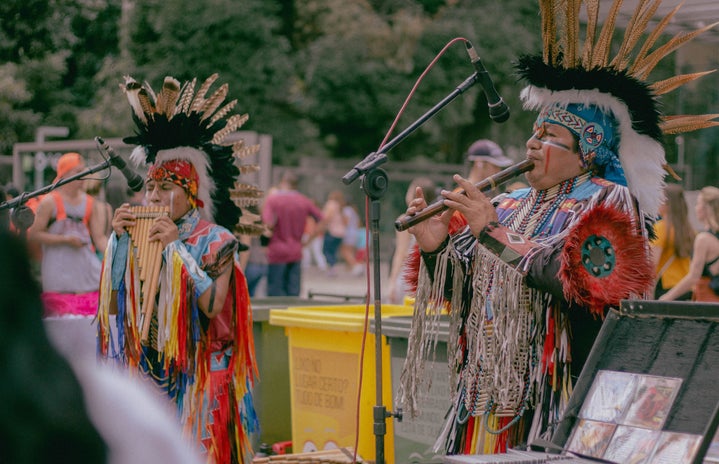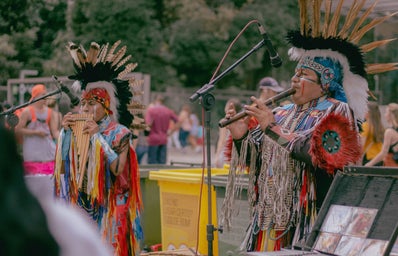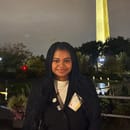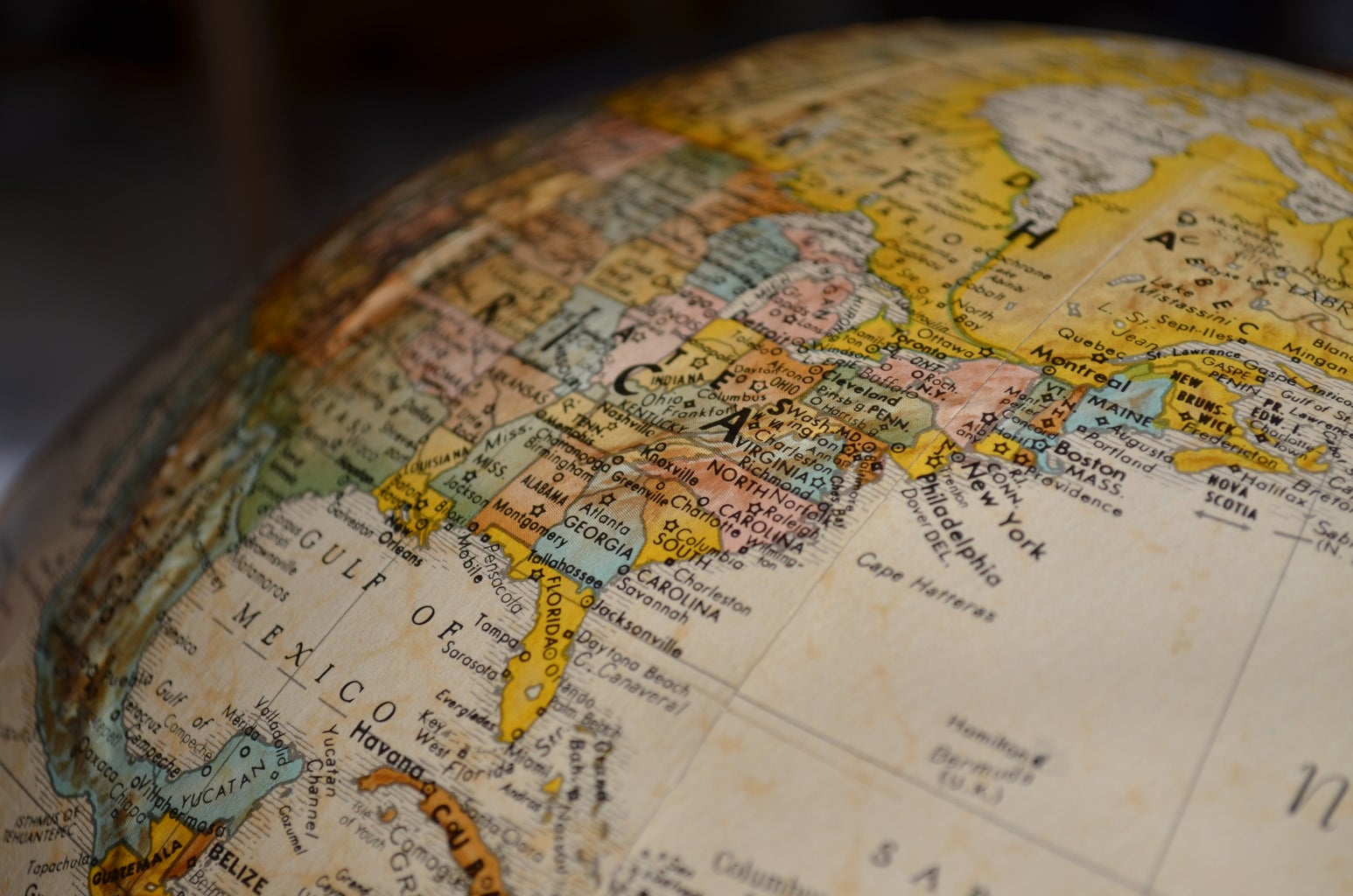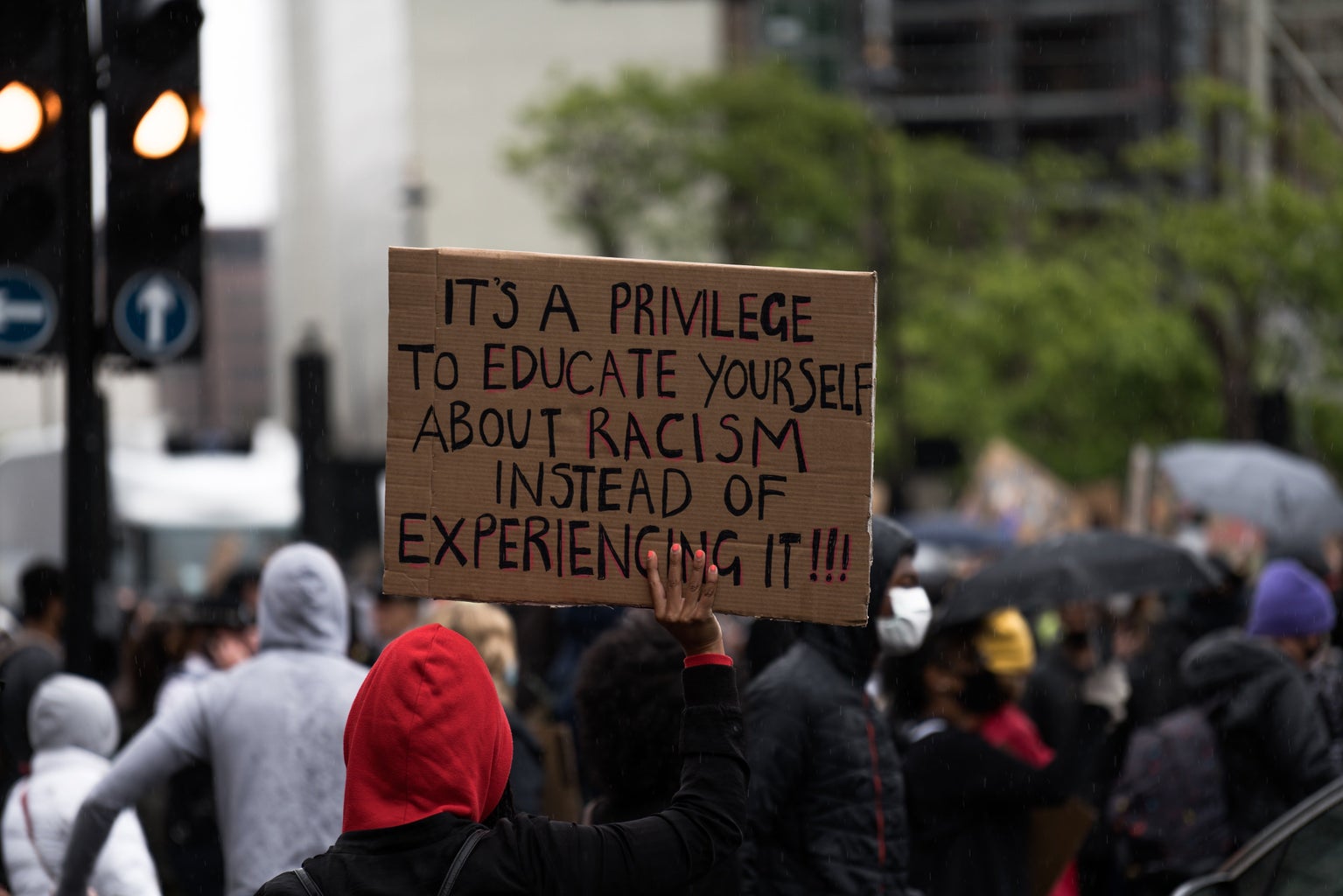In all your years of secondary and post-secondary education, riddle me with this. How much have you truly learned about indigenous peoples, their cultures, or the importance of remembering, celebrating, and recognizing the histories they lived before their land was colonized?
Columbus Day is still a national holiday celebrated in many states and cities around the country. It is a holiday with a long, controversial history of pain for many people, especially those who have lost not only history, but had their land, culture, links to ancestry, and more stolen from them by a glorified white colonizer named Christopher Columbus. The “legacy” that Columbus truly left behind in his “discovery” was genocide.
However, today we see many states paying respects to the holiday annually by decolonizing our history and rebranding this day as Indigenous People’s Day. This is incredibly important as it allows us to rewrite history through the lens and narratives of those most oppressed. Although it is still a federal holiday, more than a dozen states including Washington D.C. across the US today observe and establish October 10th to be Indigenous Peoples Day. This includes the states of Alabama, Alaska, Arizona, Hawaii, Idaho, Iowa, Louisiana, Maine, Michigan, Minnesota, New Mexico, North Carolina, Oklahoma, Oregon, South Dakota, Vermont, Virginia, Texas, and Wisconsin. Holding ourselves accountable to sharing the true narratives of those impacted by colonization begins with what may seem like a “simple” name change — but can truly lead to real social progress and change for Indigenous Americans.
Last year, President Biden put out a statement declaring his support and recognition of the holiday as Indigenous Peoples Day. This is something to truly celebrate as Biden has made history to be the first US President to officially recognize Native and/or Indigenous Americans. This is shifting the focus from celebrating colonization to working towards repairing negative narratives surrounding the origins of the Americas. Terminating Columbus day has been proposed by Native tribes for decades. They do not deserve celebratory reminders of the man who violently oppressed and decimated their ancestors. Although it is still a federal holiday, it is important to note that “…as long as Native people remain invisible, it’s much easier for people to look past real issues and real concerns within the community.” states Van Heuvelen in an interview with NPR on Columbus Day.
On this Colombus Day, we must celebrate the lives, land, and culture lost. For native peoples, there were no reparations. We still have a long way to go as President Biden’s press statement can’t rewrite history or eliminate Columbus Day as a federal holiday — that part is up to Congress. However, there is hope in the near future for Indigenous People’s Day to become fully recognized as a federal holiday as Juneteenth, commemorating the emancipation of enslaved African Americans was declared one in January last year, in 2021.
